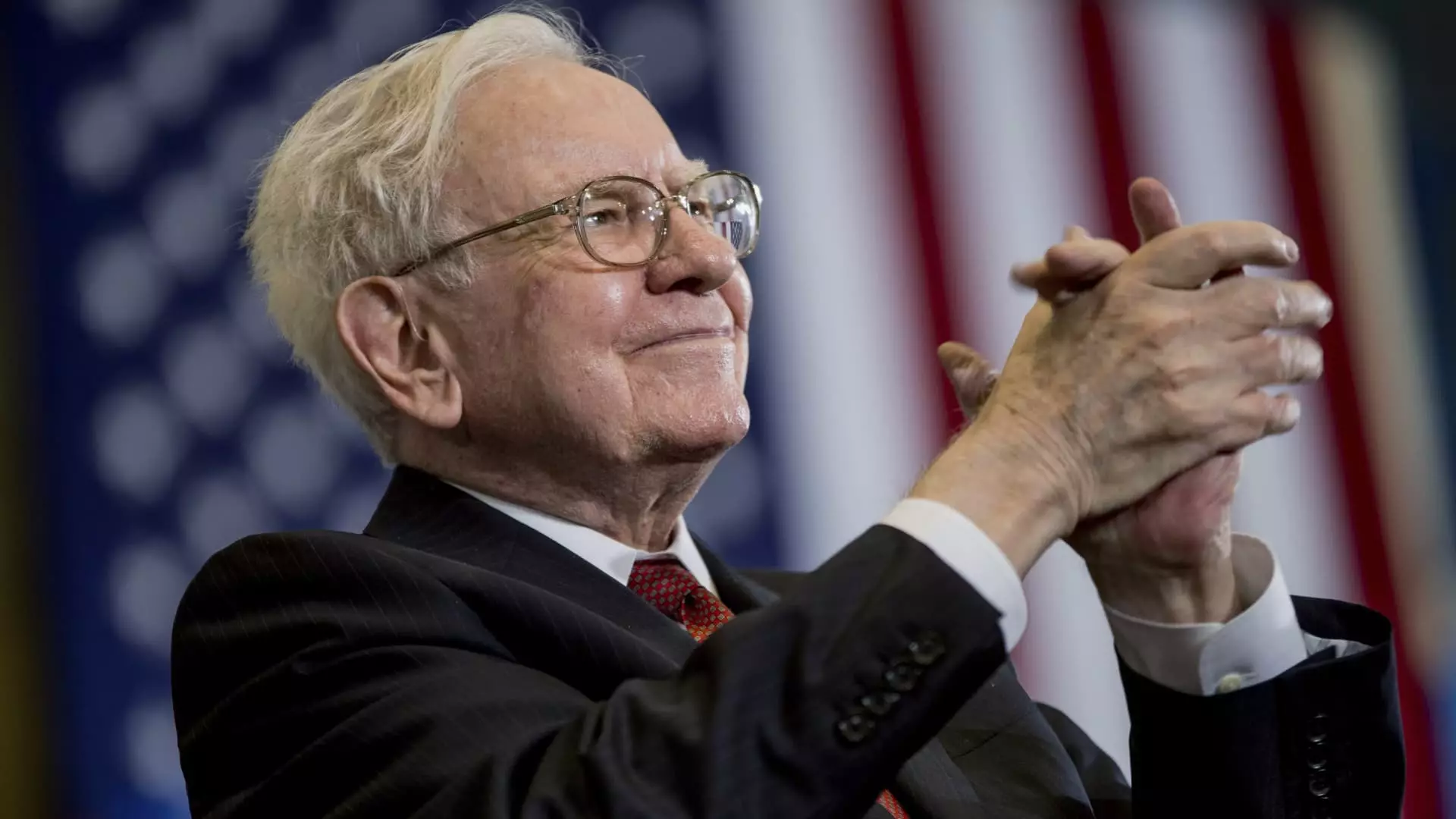Larry Swedroe, a respected researcher in the financial market, has recently raised concerns about the effectiveness of Warren Buffet’s investment style in the current market landscape. Swedroe believes that with the increasing number of professional Wall Street firms and hedge funds participating in the market, Buffet’s once lauded stock-picking abilities may not be as exceptional as previously thought. According to Swedroe, academic research suggests that Buffet may not have been a stellar stock picker, but rather early in identifying key factors that led to excess returns in the market.
Swedroe’s analysis indicates that index funds could be a more viable option for investors looking to mirror Buffet’s performance. He refers to research conducted by Cliff Asness and the team at AQR, which found that by investing in a stock index with similar characteristics to Buffet’s picks, investors can achieve comparable returns. Swedroe also highlights the accessibility of these investment opportunities through ETFs or mutual funds offered by companies like Dimensional, AQR, Bridgeway, BlackRock, and Alpha Architect.
In addition to advocating for index funds, Swedroe also emphasizes the importance of momentum trading in achieving long-term success in the market. He argues that strategies based on market timing and stock picking may not always yield positive results. Swedroe suggests that momentum trading, although prone to fluctuations, has shown consistent effectiveness over time. By leveraging systematic approaches and low-cost options, investors can capitalize on the benefits of momentum trading.
Swedroe’s latest book draws an interesting analogy between the stock market and sports betting, likening active managers to bookies. He cautions investors against frequent trading, noting that increased trading activity often leads to underperformance. Swedroe exposes the profit-driven nature of active managers who rely on investor transactions to generate revenue. He dispels the myth of active management as a winning strategy, emphasizing the detrimental impact of high expenses and taxes on overall returns.
Swedroe expresses concern about the growing efficiency of active management in targeting emotional investors, whom he refers to as “dumb retail money.” He highlights the poor performance of emotional investors, attributing their underperformance to inaccurate stock picking and market timing. Swedroe suggests that emotional investors are often lured into active management strategies that ultimately yield subpar results due to higher expenses and inefficiencies in the decision-making process.
Swedroe’s critical assessment of Warren Buffet’s investment strategy sheds light on the evolving dynamics of the financial market. By reevaluating traditional approaches to investing and emphasizing the importance of index funds and systematic trading strategies, Swedroe offers valuable insights for investors navigating the complexities of the market. His emphasis on avoiding emotional decision-making and embracing a more pragmatic and disciplined approach to investing serves as a timely reminder for individuals seeking to achieve long-term financial success.

